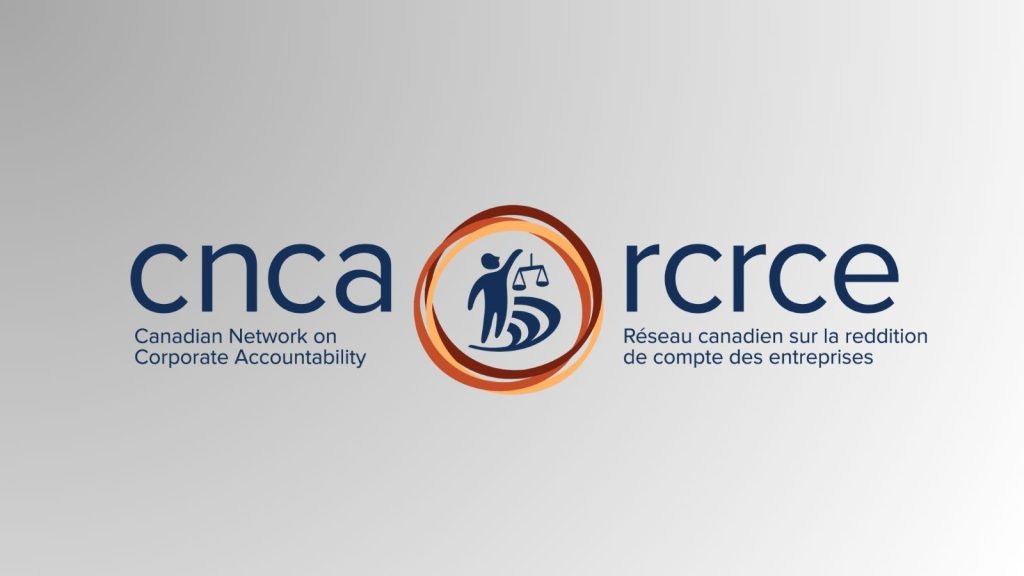The Government of Canada has caved to industry demands and is ignoring and concealing expert legal advice it commissioned on how to give the Canadian Ombudsperson for Responsible Enterprise (CORE) the powers it needs to do its job. The government has had this legal advice – the McIsaac Report – for over a year and a half and has failed to act on the report’s findings or even make the report public. The report was leaked yesterday.
“By ignoring and hiding its own expert advice, the federal government is showing it is more interested in appeasing the demands of the mining industry than upholding its human rights obligations or making good on its promises,” said Emily Dwyer, Coordinator of the Canadian Network on Corporate Accountability. “The Government of Canada has turned its back on the communities and workers harmed by Canadian companies overseas.”
The 2019 creation of an ombudsperson’s office was much-needed and long overdue. Canadian companies operating overseas have been associated with widespread and egregious human rights abuses including forced labour, sexual assault and murder.
Instead of investing the CORE with real powers, the government chose to drag its feet and commissioned an external legal review. Now, by not acting on the review’s findings, the government is reneging on its commitments to provide CORE with the powers to independently investigate human rights abuses linked to Canadian companies operating overseas.
As the CORE prepares to open its doors to receive complaints in early 2021, the office of the Minister of Small Business, Export Development and International Trade has confirmed that it will not give the CORE the investigatory powers it promised when it announced the creation of the office three years ago.
Without the power to order the production of documents and compel witnesses to give testimony, the government has created a powerless position – an Ombudsperson in name only.
The leaked McIsaac Report confirms that the federal government has the legal tools to immediately give the CORE the powers it needs to do its job through the Inquiries Act or stand-alone legislation. Without powers to compel documents and testimony, the expert report states that the CORE’s “effectiveness may be compromised” because it “will be dependent on the cooperation of the complainant and the entity being investigated.”
“The CORE, without powers, will have to rely on corporations to voluntarily do the right thing,” said Dwyer. “We know from decades of experience that voluntary measures to hold powerful corporations accountable for their actions do not work. The Canadian Ombudsperson for Responsible Enterprise must be given the powers it needs to do its job.”
Background: The McIsaac Report
The stated purpose of the McIsaac Report was to advise the Government of Canada on how best to equip the Ombudsperson with “sufficient tools to engage in credible and effective investigations of alleged human rights abuse and to ensure that she has powers to compel witnesses and documents.”
Quotes from the McIsaac Report:
- “While the best way to ensure that the CORE has the necessary powers to compel witnesses and the production of documents would be to enact legislation to establish the CORE, appointing the CORE as a commissioner under Part I of the Inquiries Act could also achieve that objective, while, at the same time, retaining the overall mandate currently envisaged for the CORE.” (emphasis added)
- “If the CORE is structured as an ombudsperson appointed as a Ministerial Advisor, as is currently the case, its effectiveness will be dependent on the cooperation of the complainant and the entity being investigated.” (emphasis added)
- “…it is fair to say that without a way to compel the cooperation of the entities against which a complaint is made or others who may hold relevant information, the CORE’s effectiveness may be compromised.” (emphasis added)




